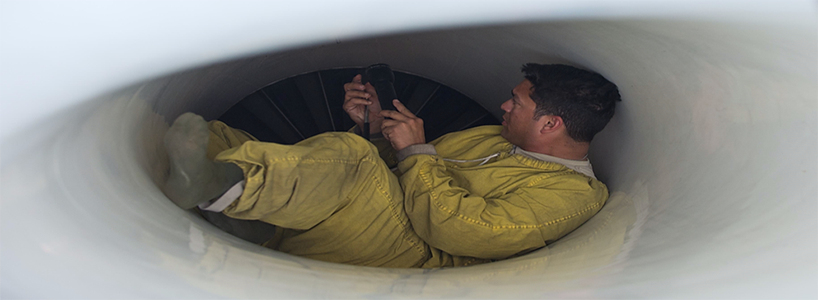Engineering makes a great career choice for veterans. Some of the skills required by the field are readily learned from military service, including:
- Communication
- Attention-to-detail
- Problem-solving
Communication
Engineers must be able to give clear instructions, both written and verbal, to explain complex project concepts to other professionals and non-professionals alike. This is much like briefing a team or squad on an Operations Order for an upcoming mission. Ramifications from a failure to communicate can cost a company money by increasing time-to-project completion.
Attention-to-detail
Engineering is a complex field where overlooking something can lead to a project set-back or complete failure. Attention-to-detail was a trait learned early on while serving because even a slight oversight of a critical detail could end up costing the lives of fellow service members.
Problem-solving
The military teaches how to overcome obstacles, both physical and mental. Engineers must draw on this learned skill from serving when designing projects to ensure feasibility of completion and that all pieces of the project work together as designed.
Promising Engineer Careers
While some engineering careers show slow, or even negative projected growth potential by the U.S. Bureau of Labor Statistics, such as Aerospace and Electrical, others are projected out to 2024 to grow at an average or greater rate. For these positions, only a Bachelor’s degree is required for entry into the field. And all of these engineering jobs pay well, with a listed median pay of at least $82,000 per year.
Environmental Engineer
- Brief Description: Coordinates plans, permits updates and operating procedures for environmental projects such as wind or solar power.
- Median Pay: $84,560
- Job Outlook: 12% increase (faster than average)
- Number of jobs: 55,100
Health and Safety Engineer
- Brief Description: Identifies potential hazards in the workplace and suggests corrective actions.
- Median Pay: $84,600
- Job Outlook: 6% increase (average)
- Number of jobs: 25,200
Marine/Naval Engineers
- Brief Description: Designs systems for ships and other marine vessels for the military and civilian markets.
- Median Pay: $93,110
- Job Outlook: 9% increase (faster than average)
- Number of jobs: 8,300
Mechanical Engineer
- Brief Description: Designs industrial machinery or automotive parts.
- Median Pay: $83,590
- Job Outlook: 5% increase (average)
- Number of jobs: 277,500
Civil Engineer
- Brief Description: Provides cost estimates as part of a project feasibility determination.
- Median Pay: $82,220
- Job Outlook: 8% increase (average)
- Number of jobs: 281,400
Biomedical Engineer
- Brief Description: Designs and creates equipment and devices used in the healthcare industry.
- Median Pay: $86,220
- Job Outlook: 23% increase (much faster than average)
- Number of jobs: 22,100
If you like to design and build things, engineering might be the right career choice for you. Veterans wanting to get into this field, but not having the right kind of degree, can first use their Post 9/11 GI Bill to get required education before applying for jobs in the exciting field of engineering.




